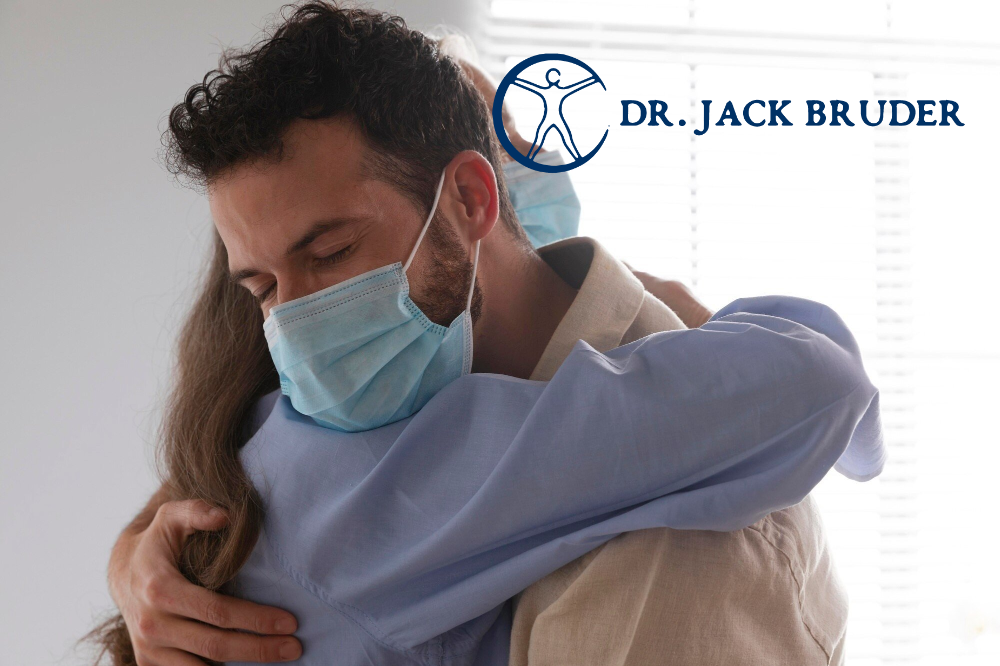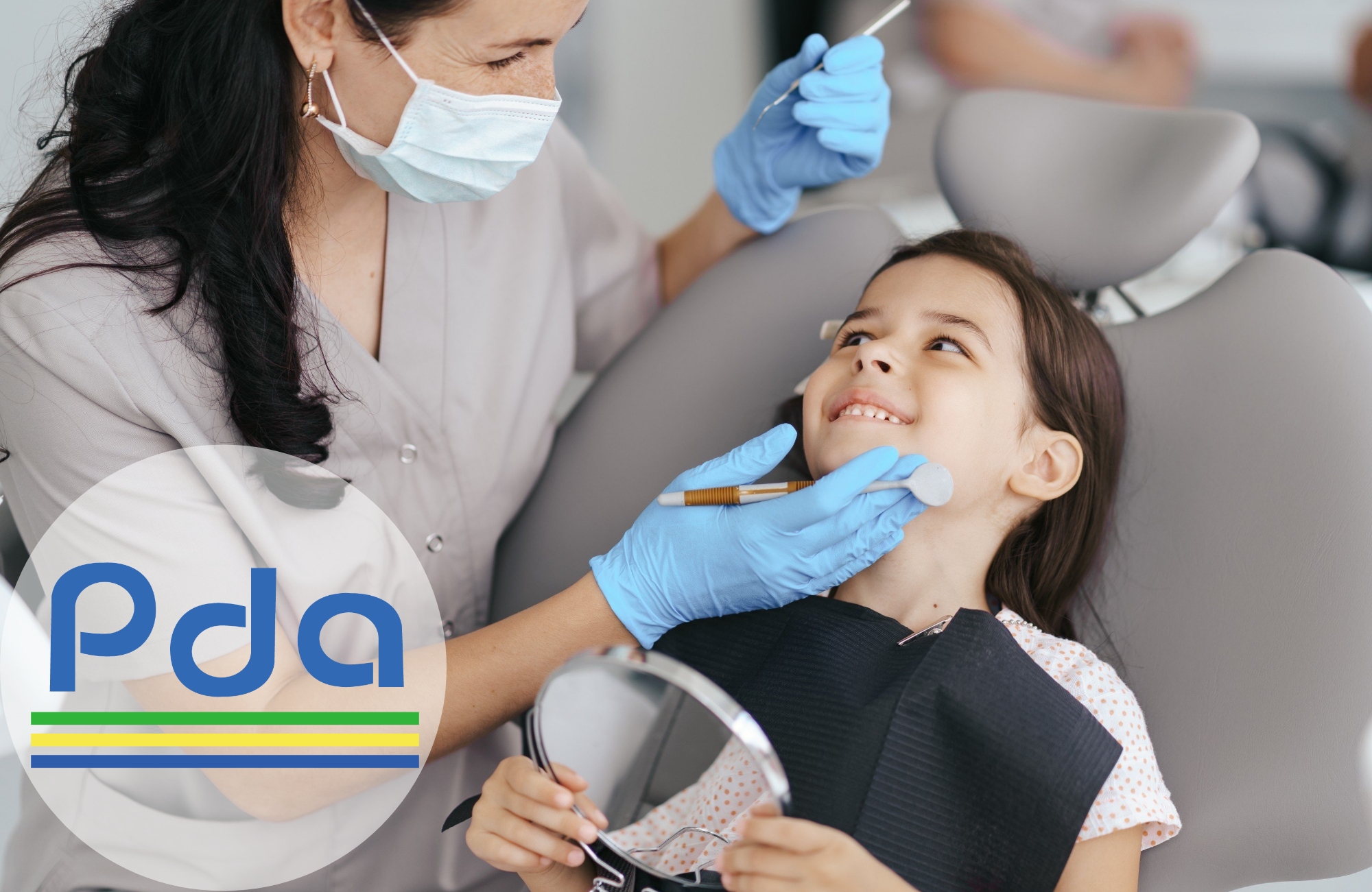Premature ejaculation (PE) is a condition that many men experience but rarely discuss due to embarrassment or fear of judgment. However, it’s one of the most common sexual health concerns among men of all ages, with studies suggesting that as many as 30% of men globally are affected. For those seeking relief and a return to confidence in their intimate relationships, consulting a skilled premature ejaculation doctor in New York City can open the door to effective solutions.
This guide explores the causes, diagnosis, and treatment options available for premature ejaculation. It also highlights the role of experienced urologists, such as Dr. Bruder, MD, at Luzato Medical Group, in helping men address this condition and regain control of their sexual health.
What Is Premature Ejaculation?
Premature ejaculation occurs when a man ejaculates sooner than he or his partner desires during sexual activity. For many, it can happen within a minute of penetration, while others may experience it even before sexual activity begins. While occasional episodes of PE are normal, persistent premature ejaculation can impact self-esteem, intimacy, and relationships.
There are two main types of premature ejaculation:
- Primary (Lifelong) PE: This type begins early in life, often during a man’s first sexual experiences, and persists throughout his life.
- Secondary (Acquired) PE: This type develops later in life, often triggered by physical, psychological, or lifestyle factors.
Regardless of the type, effective treatments are available, and consulting a trusted urologist in NYC is the first step toward resolution.
Common Causes of Premature Ejaculation
PE can arise from a variety of physical, psychological, and lifestyle factors. Understanding these causes is essential for developing a successful treatment plan.
1. Physical Causes
- Hormonal Imbalances: Abnormal serotonin or testosterone levels can affect the timing of ejaculation.
- Erectile Dysfunction (ED): Men who struggle to maintain an erection may rush sexual activity, leading to premature ejaculation.
- Prostate Health Issues: Conditions such as prostatitis (inflammation of the prostate gland) or an enlarged prostate can contribute to PE.
- Neurological Conditions: Overactive nerve signals or nerve damage can interfere with normal ejaculation timing.
2. Psychological Causes
- Anxiety and Stress: Worrying about sexual performance or relationship issues can create a cycle of stress that worsens PE.
- Depression: Mental health challenges can impact sexual function, including control over ejaculation.
- Trauma or Early Sexual Conditioning: Early sexual experiences or past trauma can create patterns of behavior that persist into adulthood.
3. Lifestyle Factors
- Poor Physical Health: A sedentary lifestyle, poor diet, and lack of exercise can affect overall sexual performance.
- Substance Abuse: Excessive use of alcohol, tobacco, or recreational drugs can contribute to PE.
- Relationship Challenges: Lack of communication, trust, or intimacy with a partner can exacerbate premature ejaculation.
A skilled premature ejaculation doctor in Manhattan can help identify the root causes of your condition and tailor a treatment plan to your specific needs.
How a Urologist Diagnoses Premature Ejaculation
If you’re experiencing symptoms of premature ejaculation, consulting a urology doctor in Manhattan is the best way to receive a professional evaluation. Here’s what to expect during your visit:
1. Medical History Review
Your doctor will ask about your symptoms, sexual history, and any underlying medical conditions. Be honest and detailed—this information helps your urologist identify patterns and potential contributing factors.
2. Physical Examination
A thorough physical exam will check for signs of health issues, such as hormonal imbalances, prostate conditions, or nerve damage, that may be contributing to your PE.
3. Diagnostic Tests
Depending on your symptoms, your urologist may recommend:
- Blood Tests: To evaluate hormone levels or rule out underlying health conditions.
- Urinalysis: To check for infections or metabolic disorders.
- Imaging Studies: To identify abnormalities in the pelvic region that could be causing PE.
By conducting a comprehensive evaluation, a trusted urology doctor in NYC can provide an accurate diagnosis and recommend appropriate treatments.
Effective Treatments for Premature Ejaculation
The good news is that premature ejaculation is highly treatable, with a variety of options available. Your urologist will work with you to develop a personalized plan that addresses the root causes of your condition.
1. Behavioral Techniques
Non-invasive strategies are often the first step in managing premature ejaculation:
- Stop-Start Method: This involves pausing sexual activity when you feel close to ejaculation, then resuming once control is regained.
- Squeeze Technique: A gentle squeeze at the base of the penis can delay ejaculation and improve control over time.
- Pelvic Floor Exercises: Strengthening the pelvic floor muscles can enhance control over ejaculation.
2. Therapy and Counseling
If psychological factors are contributing to your PE, therapy can be an effective treatment. Cognitive-behavioral therapy (CBT) is particularly helpful for addressing anxiety, stress, or relationship issues. Counseling can also help couples improve communication and intimacy.
3. Medications
Medications are often prescribed to help men manage premature ejaculation:
- Topical Anesthetics: Creams or sprays applied to the penis can reduce sensitivity and delay ejaculation.
- Selective Serotonin Reuptake Inhibitors (SSRIs): Originally developed as antidepressants, SSRIs like sertraline or paroxetine have been found to effectively delay ejaculation.
- Oral ED Medications: Drugs like sildenafil (Viagra) or tadalafil (Cialis) can help men with both erectile dysfunction and PE by improving confidence and performance.
4. Lifestyle Changes
Improving overall health can significantly impact sexual performance:
- Maintain a healthy weight through proper diet and exercise.
- Reduce stress with activities like meditation, yoga, or deep breathing exercises.
- Avoid excessive alcohol consumption and quit smoking.
At Luzato Medical Group, experienced premature ejaculation doctors in New York City offer a wide range of treatments designed to meet your individual needs.
Why You Should Address Premature Ejaculation
Premature ejaculation doesn’t just affect your physical health—it can also take a toll on your emotional well-being and relationships. By seeking help from a qualified urologist in Manhattan, you can:
- Improve your self-esteem and confidence.
- Strengthen your relationships through better intimacy and communication.
- Gain a deeper understanding of your overall health, as PE can sometimes be a symptom of underlying conditions like prostatitis or hormonal imbalances.
Don’t let fear or embarrassment keep you from seeking treatment. With the help of a compassionate and skilled urology doctor in NYC, you can take control of your sexual health and enjoy a more fulfilling life.
Internal and External Resources
Internal Resources
- Learn more about finding a skilled urology doctor in Manhattan.
- Consult with a trusted urology doctor in NYC to explore treatment options.
- Address your concerns with an experienced erectile dysfunction doctor in New York City.
External Resources
- National Institute of Diabetes and Digestive and Kidney Diseases (NIDDK): A trusted source for information on urological conditions.
- American Urological Association (AUA): Expert guidelines and resources on sexual health.
- Mayo Clinic: Comprehensive information about premature ejaculation and related conditions.
FAQs
1. What causes premature ejaculation?
Premature ejaculation (PE) can have multiple causes, often stemming from a combination of physical, psychological, and lifestyle factors. Identifying these causes is crucial for effective treatment, as it allows for a tailored approach to resolving the condition.
Physical Causes
- Hormonal Imbalances: Abnormal levels of hormones such as testosterone or serotonin (a neurotransmitter that affects mood and ejaculation control) can interfere with the timing of ejaculation. Low serotonin levels, in particular, are a common factor in men with PE.
- Prostate Issues: Conditions like prostatitis (inflammation of the prostate) or benign prostatic hyperplasia (BPH) can lead to heightened sensitivity or irritation, which may contribute to early ejaculation.
- Erectile Dysfunction (ED): Men with ED often develop secondary PE due to performance anxiety or rushing to achieve climax before losing their erection.
- Neurological Conditions: Overactive nerve signals in the penis or nerve damage from conditions like diabetes or spinal injuries can disrupt the normal process of ejaculation.
Psychological Causes
- Anxiety: Performance anxiety, whether related to sexual activity or other aspects of life, can create a feedback loop of stress that exacerbates PE.
- Depression: Depression can affect libido and sexual performance, contributing to difficulties in controlling ejaculation.
- Early Sexual Conditioning: Negative experiences or rushed sexual encounters during early life can create patterns of rapid ejaculation that persist into adulthood.
Lifestyle Factors
- Substance Use: Excessive alcohol consumption, smoking, or recreational drug use can impair sexual function and lead to PE.
- Lack of Physical Activity: A sedentary lifestyle can contribute to poor circulation, hormonal imbalances, and other health issues that may impact ejaculation control.
- Sleep Issues: Chronic sleep deprivation or conditions like sleep apnea can lower testosterone levels and affect sexual health.
A premature ejaculation doctor in Manhattan can conduct a thorough evaluation to determine the specific causes of your condition and develop an effective treatment plan.
2. Is premature ejaculation treatable?
Yes, premature ejaculation is highly treatable, with a variety of solutions available depending on the underlying cause. The key is to identify the contributing factors and select the most appropriate treatment options.
Behavioral Techniques
- Stop-Start Method: This technique involves stopping sexual activity when ejaculation feels imminent, allowing the sensation to subside before resuming. Over time, this can help improve control.
- Squeeze Technique: Applying gentle pressure to the base of the penis can temporarily suppress the urge to ejaculate, providing more control during intercourse.
- Pelvic Floor Exercises: Strengthening the pelvic floor muscles through exercises like Kegels can improve ejaculation control and overall sexual performance.
Therapy and Counseling
- Cognitive-Behavioral Therapy (CBT): For men whose PE is rooted in psychological factors like anxiety, therapy can help reframe negative thought patterns and reduce performance pressure.
- Sex Therapy: Working with a sex therapist can help couples improve intimacy and communication, which may alleviate emotional factors contributing to PE.
Medications
- Topical Anesthetics: Creams or sprays containing numbing agents like lidocaine or benzocaine can reduce penile sensitivity and delay ejaculation.
- Selective Serotonin Reuptake Inhibitors (SSRIs): Medications such as sertraline, paroxetine, or fluoxetine are often prescribed off-label to treat PE. These drugs increase serotonin levels, helping to delay ejaculation.
- Oral ED Medications: For men with both ED and PE, drugs like sildenafil (Viagra) or tadalafil (Cialis) can improve erection quality and reduce performance anxiety, indirectly addressing PE.
Lifestyle Changes
Making healthy lifestyle changes can have a significant impact on PE. Simple modifications, such as maintaining a healthy weight, exercising regularly, and avoiding alcohol or tobacco, can improve overall sexual health.
With the help of a qualified urology doctor in NYC, men can explore these options and choose the best path to recovery.
3. When should I see a doctor for PE?
If you’re experiencing persistent premature ejaculation that affects your quality of life, relationships, or emotional well-being, it’s time to consult a professional. Here are some indicators that you should seek help:
- Frequency of Symptoms: If PE occurs in more than 50% of sexual encounters, it may indicate a chronic issue that requires medical attention.
- Emotional Distress: Feelings of embarrassment, frustration, or anxiety about your sexual performance are valid reasons to seek professional support.
- Impact on Relationships: If PE is causing tension or dissatisfaction in your relationship, a urologist or sex therapist can help address both the physical and emotional aspects of the condition.
- Other Symptoms: Additional symptoms, such as erectile dysfunction, pain during ejaculation, or urinary issues, may signal an underlying medical condition that needs treatment.
By consulting a premature ejaculation doctor in New York City, you’ll gain a clearer understanding of your condition and receive personalized solutions to improve your sexual health.
4. Are there medications for PE?
Yes, several medications are available to treat premature ejaculation. These medications are often used alone or in combination with other treatments, depending on the severity and underlying causes of PE.
Topical Anesthetics
These creams or sprays are applied directly to the penis to reduce sensitivity and delay ejaculation. They are fast-acting and can be used as needed before sexual activity. Common active ingredients include lidocaine or benzocaine.
Selective Serotonin Reuptake Inhibitors (SSRIs)
SSRIs, such as sertraline (Zoloft), paroxetine (Paxil), and fluoxetine (Prozac), are antidepressants that have been found to help delay ejaculation. These medications work by increasing serotonin levels, which play a role in regulating ejaculation. SSRIs are typically taken daily, though some can be used on an as-needed basis.
PDE5 Inhibitors
Medications like sildenafil (Viagra) or tadalafil (Cialis) are primarily used for erectile dysfunction but can also help men who experience PE alongside ED. By improving blood flow and erection quality, these medications can help reduce performance anxiety and delay ejaculation.
A urology doctor in Manhattan can help determine whether medication is the right solution for you and recommend the best option based on your individual needs.
5. Can lifestyle changes improve PE?
Absolutely! Lifestyle changes are one of the most effective ways to improve premature ejaculation, particularly when the condition is linked to stress, poor health, or bad habits.
1. Regular Exercise
Engaging in physical activity, especially aerobic exercises, can improve blood flow, reduce stress, and boost overall energy levels. Strength training and pelvic floor exercises (like Kegels) are particularly beneficial for sexual health.
2. Healthy Diet
Eating a balanced diet rich in fruits, vegetables, whole grains, and lean proteins can improve circulation, hormone levels, and overall vitality. Foods rich in zinc and magnesium, such as nuts, seeds, and leafy greens, are especially important for reproductive health.
3. Stress Management
Chronic stress can exacerbate PE by increasing cortisol levels and reducing your ability to relax during sexual activity. Practices like yoga, meditation, or mindfulness can help you manage stress and feel more in control.
4. Limit Alcohol and Tobacco
Excessive alcohol consumption and smoking are linked to poor sexual health. Quitting or reducing these habits can improve your overall well-being and sexual performance.
5. Improve Sleep Quality
Getting 7–9 hours of quality sleep each night is essential for maintaining healthy testosterone levels and reducing fatigue, both of which can impact sexual function.
By adopting these lifestyle changes and working closely with a premature ejaculation doctor in NYC, men can improve their sexual health and reduce the frequency of PE episodes.
With the help of a skilled and compassionate urology doctor in Manhattan, men can regain confidence, strengthen their relationships, and enjoy a higher quality of life. If you’re struggling with premature ejaculation, don’t wait—take the first step toward effective solutions today.







